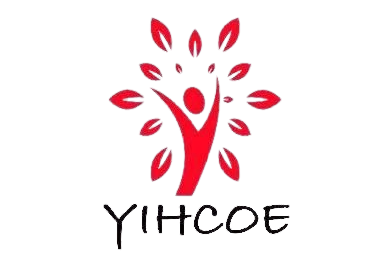In today’s society, key populations – those groups often marginalized due to their identity or status, such as sex workers, transgender individuals, people who use drugs, and those living with HIV – face unique challenges. Building awareness and skills within these communities is not just beneficial; it’s essential for empowerment, advocacy, and improving quality of life.
The Importance of Awareness
- Breaking Down Stigma: Awareness campaigns educate the public, reducing stigma and discrimination. When society understands the realities these groups face, attitudes can shift towards acceptance and support.
- Rights Education: Many in key populations are unaware of their rights or how to assert them. Awareness programs can inform them about legal protections, health services, and how to access support networks.
- Health Literacy: Understanding health issues specific to these groups, like HIV prevention, treatment adherence, or mental health, can lead to better health outcomes.
Skills Building
- Vocational Training: Offering skills like tailoring, cooking, or digital literacy can provide means for economic independence, helping individuals move away from dependency or high-risk behaviors.
- Advocacy Skills: Training in advocacy equips community members to speak up for themselves and their peers, influencing policy and community attitudes.
- Peer Education: Teaching members how to educate their peers on health practices, rights, and self-advocacy creates a ripple effect, empowering entire communities from within.
Practical Examples
- Workshops and Seminars: These can cover topics from basic human rights to advanced negotiation skills in healthcare settings, tailored to the specific needs of key populations.
- Mentorship Programs: Pairing less experienced members with those who have navigated similar challenges can provide invaluable guidance and support.
- Community Dialogues: Bringing together key populations with stakeholders like police, health workers, and local administrators helps demystify myths, fostering mutual respect and understanding.
Outcomes and Impact
- Empowerment: Through awareness and skills, individuals gain the confidence to live more openly, advocate for themselves, and participate actively in society.
- Health Improvements: Increased knowledge and skills lead to better adherence to medical treatments, preventive behaviors, and overall health management.
- Social Inclusion: By challenging discrimination and building skills, key populations can achieve greater social integration, reducing isolation and vulnerability.
Initiatives focused on awareness and skills building for key populations are vital for creating sustainable change. They not only address immediate needs but also lay the groundwork for long-term societal shifts towards inclusivity and equality. By investing in these communities, we’re not just supporting individuals; we’re fostering environments where everyone can thrive, regardless of their background or identity.
